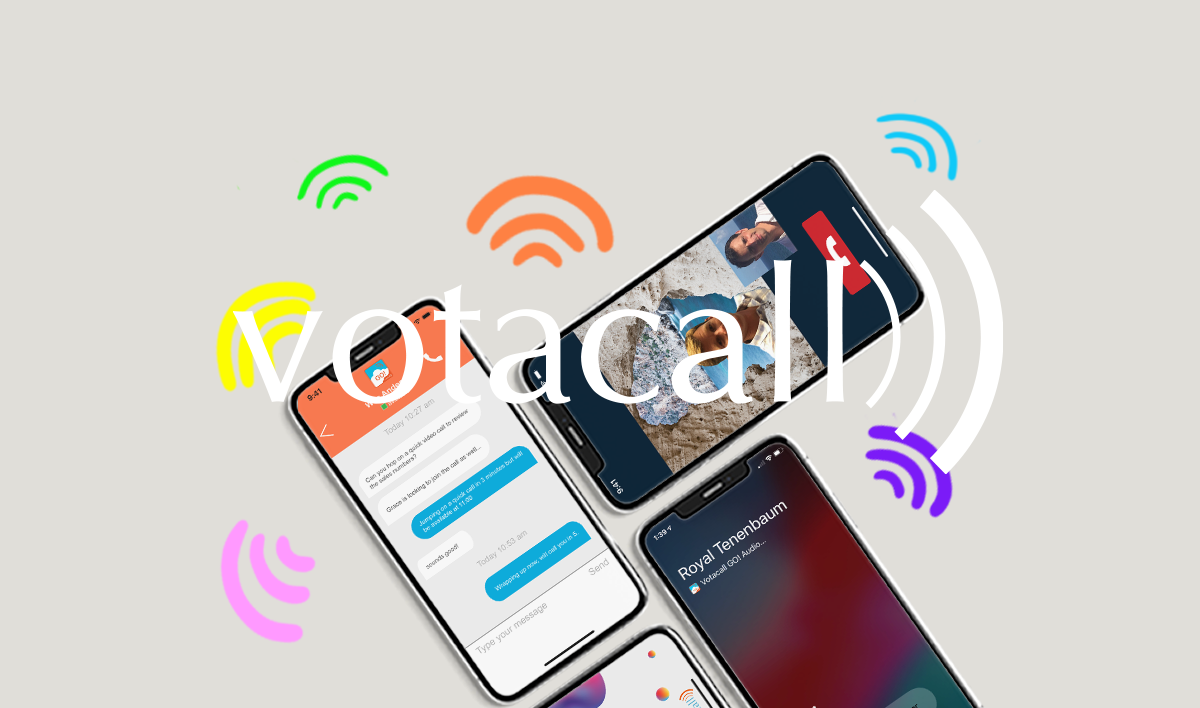Platform
Call Center
Get Started
Wanna subscribe to our blog?
Get updates once a month.
Platform
Call Center
Solutions
Get Started
Wanna subscribe to our blog?
We'll send you updates once a month.
Wanna subscribe to our blog?
Get updates once a month.
Wanna subscribe to our blog?
We'll send you updates once a month.

As we're returning to work after COVID-19, is the office workplace as we know it, dead?
No, of course not. It's the way things have been for generations, and it's ingrained into the way many of us operate.
The truth is, no one knows what the office environment will look like once COVID-19 is in our rear-view mirror. We may need to continue social distancing for a while. We may need to go to the office in department shifts to keep gathering numbers in check.
It's going to get weird.
What we do know is that the pandemic forced the globe into a distributed workforce with people sitting everywhere but at their office desks for the indefinite future.
It's very clear that companies will need the tools so their staff can work anywhere at any time. Returning to work after COVID-19 should be a lesson to us all that the office has many benefits, but we shouldn’t ever be tied to a physical building again.
So now what? Will EVERYONE want to work from home ALL of the time once this is over? Certainly not, as being in a cohesive workplace has its benefits without a doubt. I think that simple human interaction will be enough to get people to come back to work.
The thing is though, the ability to accomplish work remotely compliments our office lives incredibly well.
Here at Votacall, we've had our employees utilizing their mobile abilities for some time, so we have an idea of what's to come. Here's what we've found.
What may be surprising to those returning to work after COVID-19, who haven't experienced working remote before, it is a lot more effective than most would have thought.
The value of changing scenery, eliminating a commute 1 or multiple times a week, and some alone time to focus in a preferred environment can prove to be very beneficial for an individual as well as their output for the company.
Having a good work-life balance more than makes up for what is lost by not being physically beside your coworkers. It has been proven to reduce stress, eliminate burnout, and keep employees sharp and confident. In fact, spending less time in the office can help employees be more productive on the days when they come in. Plus, it is no secret what that extra hour of sleep can do for someone - you know what I mean.
As if making employees more productive wasn't convincing enough, having mobile abilities also gives them freedom to tend to more important things in life (having a child, caring for a loved one, etc.). From our experiences, myself included, this makes employees feel THANKFUL for their jobs (which doesn't hurt when thinking about how to improve employee retention!).
I would take an educated guess that 99.99% of us don't live right next to our office. The time and money spent on commuting is a burden to us all.
For employees, those weekly/monthly train passes and gas expenses really add up.
For employers, time is money and any time spent not at the office is money out of their pocket.
And, maybe even more importantly, for the environment is seriously harmed by transportation methods (you've heard about the ozone healing, the canals in Venice clearing up, and the people of India being able to see the Himalayan mountains for the first time in years, right?! I rest my case).
Some (not so) fun facts:
- around 1/3, or 33%, of American air pollution comes from our daily commutes.
When you think about it, it's actually insane we haven't all hopped on this train until we were forced to!
Being a glass half-full kind of guy, I have been thinking about these positive changes these events have led us to. Now that we are returning to work after COVID-19, gone are the days where your employer doesn't let you work from home because it simply "won't work out," even though it is the sensible thing to do.
It's like the concept of remote working abilities has been unleashed to the wild that is our workplace and it will never be contained again.
Remote work is the new norm, and whether people like it or not, it's not going anywhere. It's time we all recognize that and begin to seriously implement how it will work!
Check out our webinar on mobility and work from home options with VotacallGO! on YouTube to learn more!
These Stories on Unified Communications
No Comments Yet
Let us know what you think